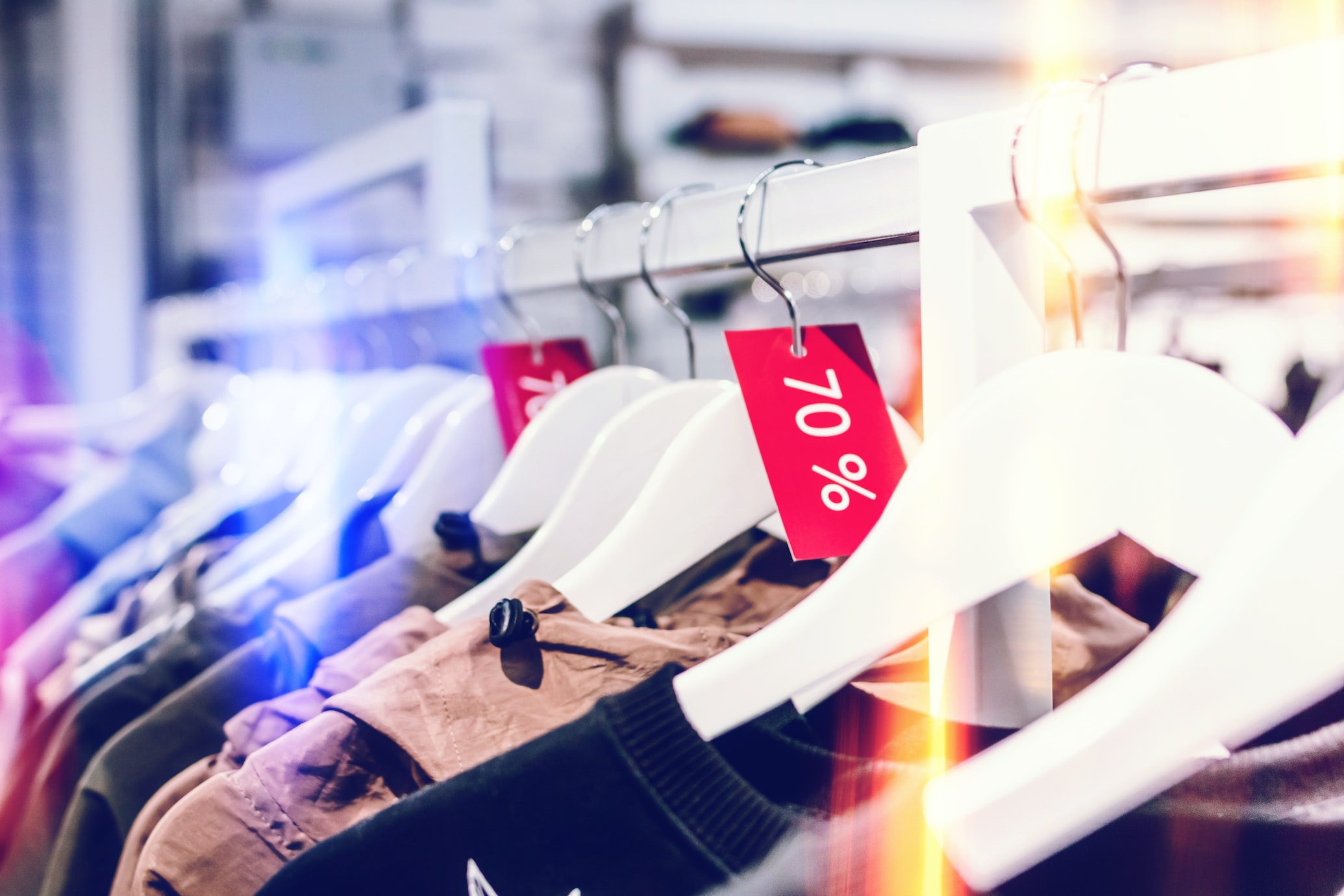
How the looming recession is impacting the consumer and their spending habits
With the holiday shopping season in full swing, it’s hard to ignore the news about a recession, inflation, and other economic impacts, but what does this really mean for consumer spending?
Our current economy is different from a normal recession. Recessions are usually classified by two down trending quarters of GDP (US experienced this in Q1 + Q2), and in this case it’s paired with 40-year high inflation. However, the labor market remains strong, and unemployment is at a 50 year low. Recession chatter ramped up in July, yet many still believe we have yet to enter one and are predicting it to happen closer to 2023. Regardless, consumers are taking note and their spending habits have already been impacted. Here our thoughts on what this means for the retail world:

- 97% of Consumers have some level of concern with rising prices on everyday items.
- 45% identify as “extremely concerned” about the economy, due to the stressful economic backdrop. Despite this, consumers still don’t know how this will affect them financially over the next year.
- Consumers limit discretionary expenses, while still prioritizing some luxuries.
- 43% of consumers plan to travel in the next year, due to coming off the coattails of covid travel restrictions. Consumers are cutting back on leisure activities and dining out (57%), and spending less on fashion (46%).
- Shoppers are stocking up on sales, and price comparing more than usual.
- Shoppers are starting to behave as though a recession is here, consuming less, shifting their spend to value retailers and brands, and buying more items on promotion.
- Consumers still value quality over a brand name that has lesser or equal quality.
- 59% of consumers say they would pay more for a higher quality product than pay less to receive average quality. However, quality doesn’t necessarily mean name brand but more so durability, and long-term use. Consumers will pay more for higher quality but they lean on the quality of the product more so than the name brand premium.
- Beauty, Personal Care, Retail Liquor Sales and Household Cleaning are projected to see declines.
- These categories are projected to see decline in market share over the next 5 years (2022-2027). We are starting to see these categories slow in growth, although some are still seeing positive sales.
